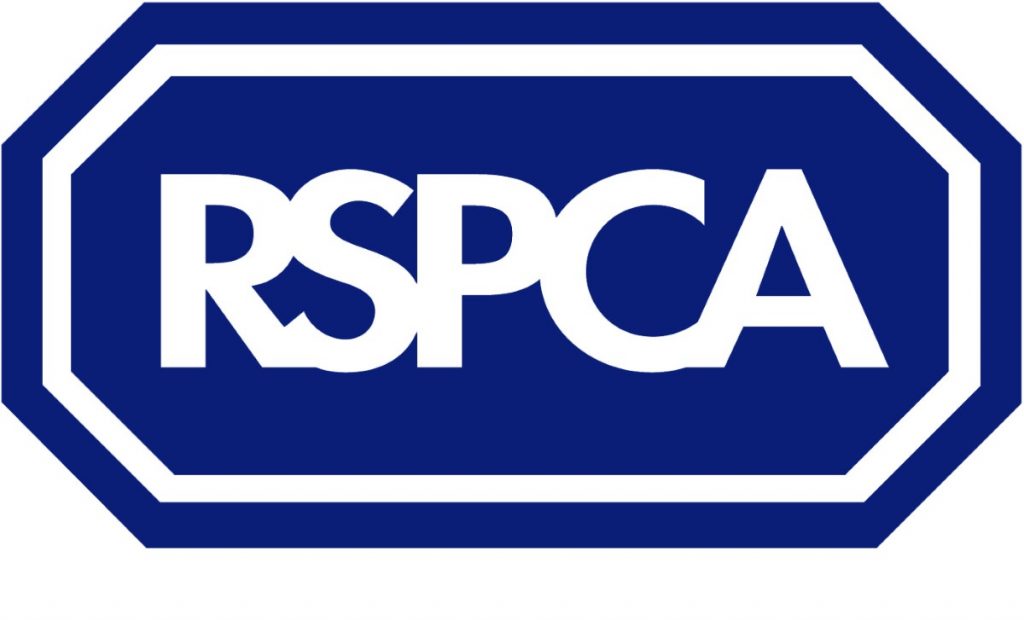Are we still a nation of animal lovers, 190 years after the founding of the world’s first animal charity?
The RSPCA is celebrating its 190-year anniversary and to commemorate this we are hosting a debate with invited experts and the animal welfare minister at the location of our first ever meeting in St Martin’s Lane, London. This will be the start of a national conversation about who is responsible for animal welfare and where the challenges will occur in the future.
That location, now a Pret-A-Manger, was, 190 years ago on 16th June 1824, Old Slaughter’s Coffee House where the world’s first animal welfare charity, the Society for the Prevention of Cruelty to Animals, was born.
On that night the SPCA declared they would send men to monitor Smithfield Market, where livestock had been sold since the 10th century in order to try and enforce the world’s first animal welfare law, to prevent the suffering of farm animals.
David Bowles, the RSPCA head of public affairs, will be chairing the event and a panel of five experts including Environment Minister Lord de Mauley, Robert Garner,expert in animal welfare in research, John Webster, expert in animal welfare in farming, Will Travers, from the Born Free Foundation, and Shadow Environment Minister Angela Smith MP.
The event will debate with an invited audience of around 60 experts who have a major stake in improving animal welfare including animal charities, government bodies, supermarkets and pet owners who has the responsibility for animals.
The challenges the RSPCA face has changed throughout the last 190 years particularly as technological advances occur. In 1864 the main cruelty was occurring to horses which took 88 per cent of our prosecutions but by 1964 this had decreased to just six percent as horses were no longer used as work animals. But in 2014 this rose again to 15 per cent as people could not cope with looking after them properly and more being abandoned. Some issues have remained constant such as dog fighting and live transport of farm animals.
This shows how challenges can change when improving animal welfare. So have we become kinder or animals? In 2014, England and Wales faces an animal welfare crisis resulting in RSPCA centres full to capacity; seventy-three per cent of the horses in our care are in private boarding, as well as 22 per cent of dogs, 23 per cent of cats and 20 per cent of rabbits.
The outcome of the debate will help inform the direction of the RSPCA culminating in the launch of a 10 year plan to improve the welfare of animals in this country and take us up to our 200th anniversary.
Help us start the conversation by asking people to think about animal welfare as an issue faced by everybody.
To join the debate please use the hashtag #RSPCAWeek
Notes to editors
– In the past three years there has been a five per cent increase in cats coming into the care of the top five animal welfare charities but a six per cent decrease in re-homing rates.
– RSPCA re-homing of cats has declined from around 34,000 to 29,000 between 2010 and 2012.
– In January 2014 it took us an average of 41 days to re-home a dog – three days longer than in 2013.
– Equine cases undertaken by the RSPCA rose from around 500 in 2008 to about 1700 in 2012. We have seen an 87 per cent increase in the number of horses rescued in the past three years.
– To join the debate online use the hashtag #RSPCAWeek
RSPCA, Wilberforce Way, Southwater, Horsham, West Sussex RH13 9RS
Press office direct lines: 0300 123 0244/0288 Fax: 0303 123 0099
Duty press officer (evenings and weekends) Tel 07825 158490
Email: press@rspca.org.uk Website: www.rspca.org.uk





-01.png)